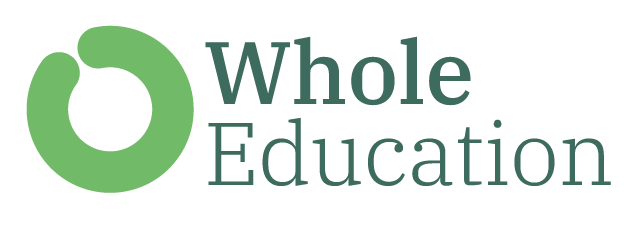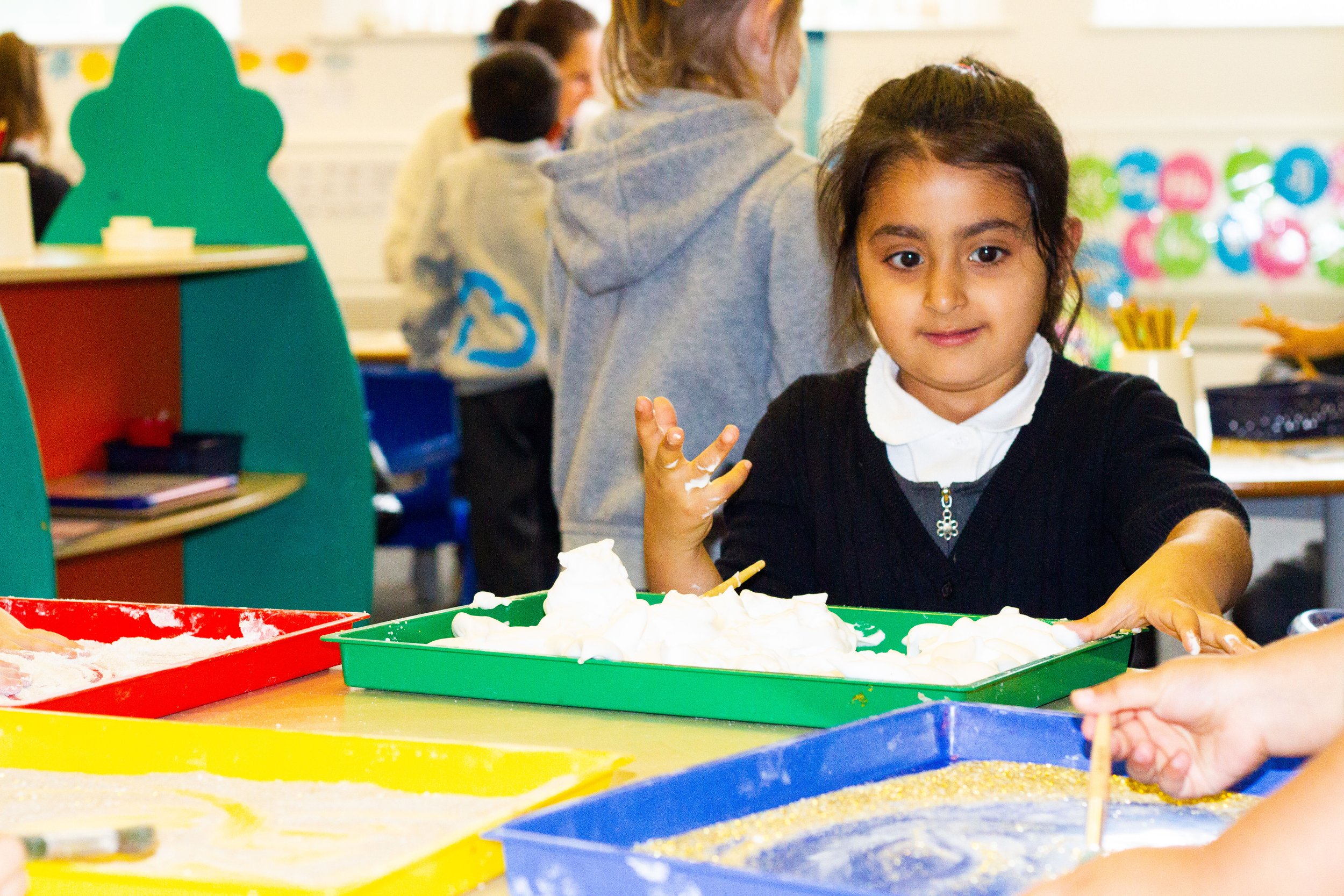
Whole Education grows networks of confident and capable leaders who build schools that provide a rigorous whole education so that everyone thrives in a transforming world
We believe that a ‘whole education’ is one that:
-

Develops the range of knowledge, skills and dispositions learners need to thrive in life, learning & work
-

Makes learning relevant and engaging for all, with individuals taking ownership of their own learning
-

Supports learning across various environments while engaging the local and global community
How can I get involved?
-

-

Take part in our programmes
Our high quality programmes offer expert support to senior and middle leaders in schools.
-
Get in touch with the team
If you'd like to work with Whole Education, please book a call with us or get in touch with the team today.






